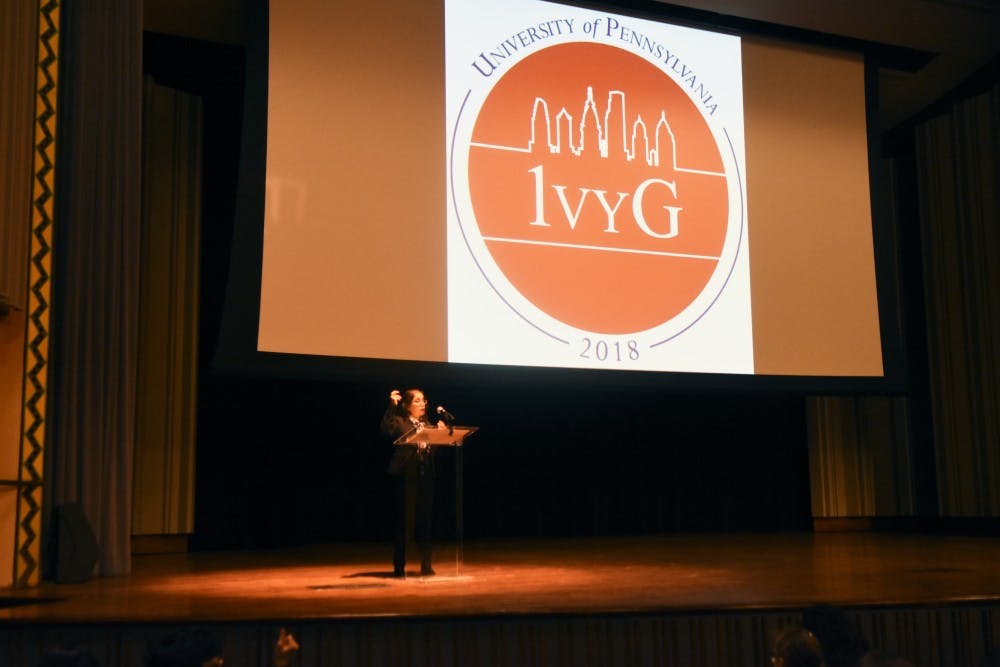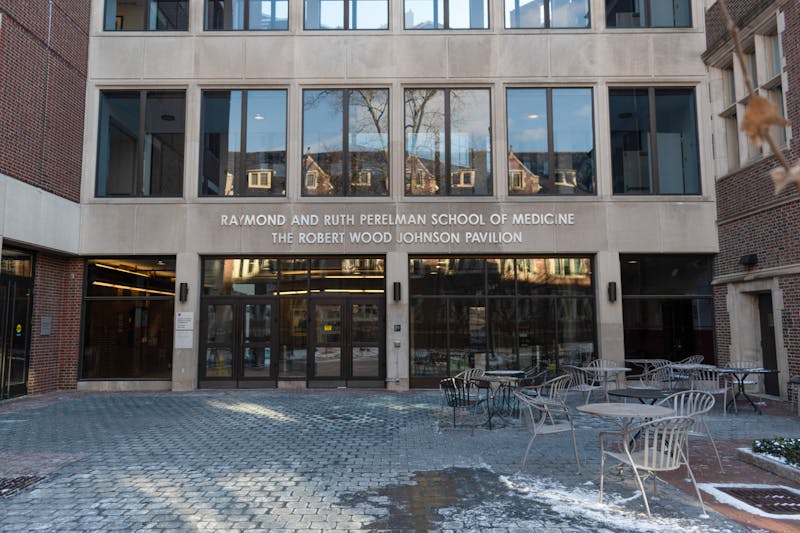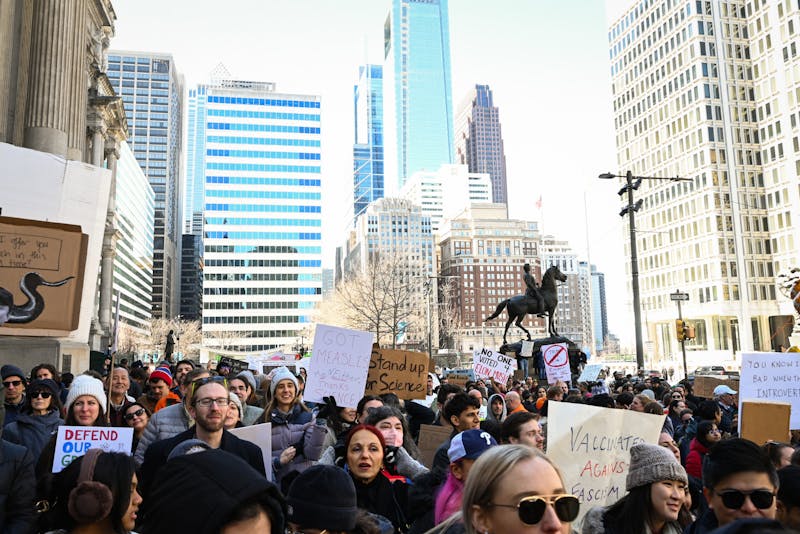
First-generation, low-income students from colleges around the country attended the 1vyG conference hosted on Penn’s campus this past Saturday.
In its fourth year, the annual 1vyG conference featured panels and discussions on topics ranging from career advice to mental health awareness for FGLI students. This year's panels and workshops focused on the future of students in attendance.
Penn President Amy Gutmann, a FGLI student herself, and Penn Provost Wendell Pritchett opened the second day of the conference on Saturday. Although Gutmann initially said she would not be speaking at the event, she announced two days before that she would attend.
Five first-generation 1991 Penn graduates discussed the professional challenges they faced throughout their time at Penn at a session titled “Effective Strategies for Career Planning and Job Search” in Irvine Auditorium. The presentation featured essential career tips, from writing cover letters to following up after an interview by writing thank you letters. The panel ended with a discussion that opened up for questions from a packed room filled with dozens of FGLI students and alumni.
“I did work-study and summer jobs. It’s doable, but it’s not a free ride, no matter what people may say or think,” Lynn Cetin, a 1991 College graduate and panelist, said. "This is something we really work and struggle for."
Jenny Chan, a freshman at the Massachusetts Institute of Technology, was one of five students who came to the conference from MIT. She said she hoped to see expanded resources for FGLI students at MIT in the near future, such as a resource center specifically for first-generation students.
In 2016, Penn became the second school in the Ivy League to open a dedicated resource center for FGLI students.
"I just wanted to meet more people who are first-gen. like me. I don't think the culture or community is as big as it maybe could be [at MIT]," Chan said. "At these Ivy-League level colleges, it's hard to find people that are open to talking about these issues."

On Saturday, 1vyG also featured a mental health panel hosted by Crystal Austin, a Doctoral Intern at Counseling and Psychological Services, and Jeannine Barker, a CAPS psychologist. Attendees shared their struggles as FGLI students at competitive universities, including the pressure to provide for their families and to follow pre-professional paths like law or medicine.
Keynote speaker and 2003 College graduate Eugena Oh talked about her experience as the President and CEO of the “I Have a Dream” foundation, an organization that empowers low-income communities and helps to guide residents to pursue higher education.
Pablo Zamorano-Diaz, a Harvard sophomore, said Oh’s speech was “empowering,” leaving him with a sense that he could also succeed at the same level as Oh.
“I came here to learn about what other schools were doing for first generation students because I want to be able to bring back those ideas to our university,” Henry Villarreal, a freshman at Harvard, said. He added that the First Generation Student Union at Harvard is planning to start a pre-orientation program for first generation students this summer.
For FGLI students at Penn who have been organizing the conference, this weekend's activities were the culmination of nearly a year of work.
In April 2017, Anea Moore, College junior and co-chair of the 1vyG Conference, wrote a 26-page application to bring the conference to Penn alongside College junior and co-chair Candida Alfaro. Moore has been directing board members and planning for the weekend-long conference since June 2017.
“We want FGLI students to grow as leaders because often they can be more quiet or more reserved,” she said. “We’re trying to build them up because we do believe they have important things to say and they can be leading movements and other forms of activism on campus.”
College senior and co-director of student programming David Thai organized the fifteen breakout sessions that featured career professionals and college administrators who were connected to the FGLI community.
“The conference sends a message to the country that first generation students have the grit, perseverance, and intellectual curiosity to enact change,” Thai said. “We’re trying to show FGLI students that they can demand resources that are not made readily available to them and, at the same time, equip themselves with the ability to succeed.”
The Daily Pennsylvanian is an independent, student-run newspaper. Please consider making a donation to support the coverage that shapes the University. Your generosity ensures a future of strong journalism at Penn.
Donate






